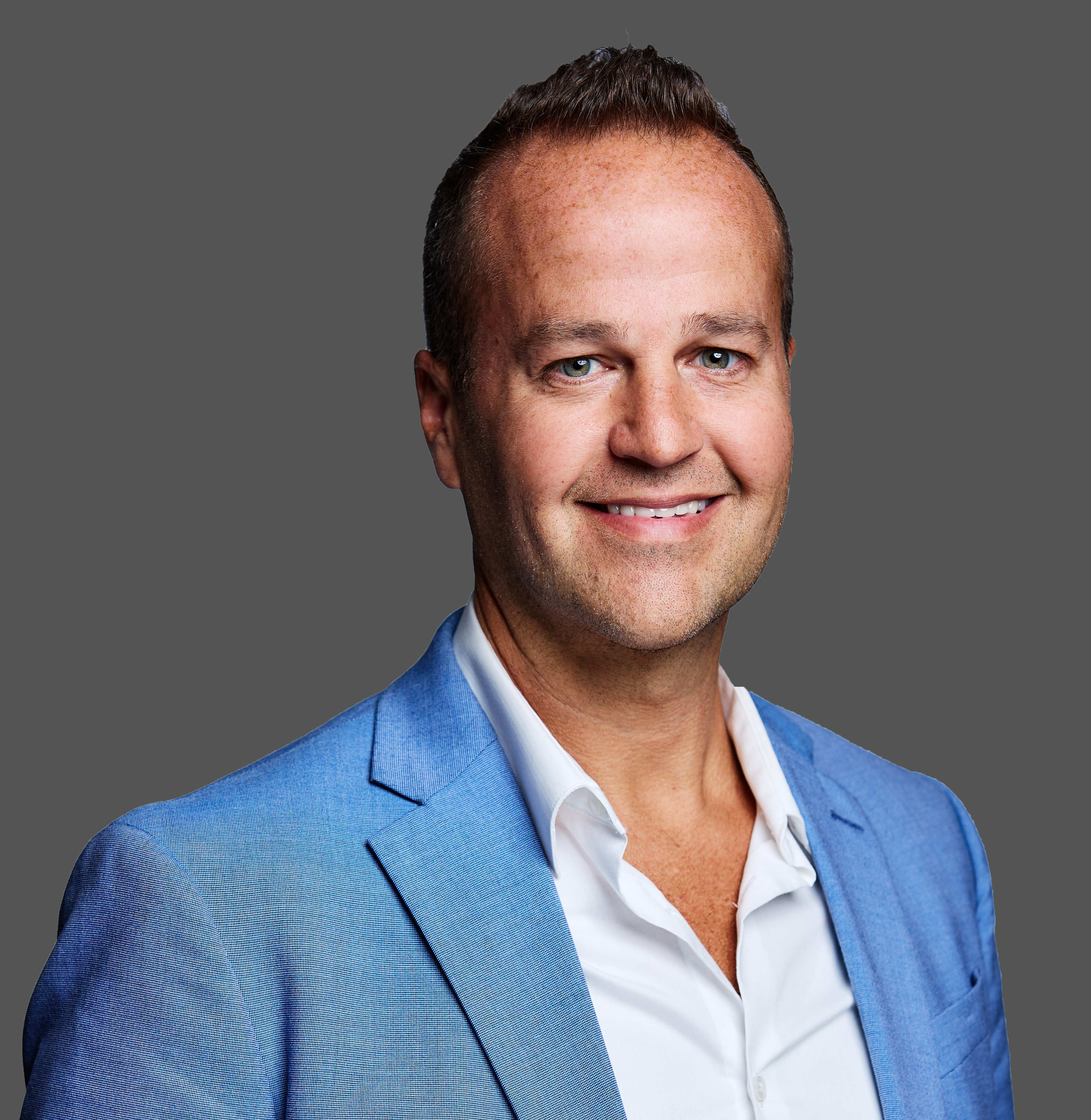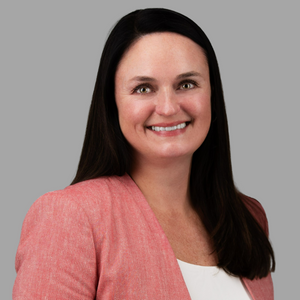Accel Research Sites is the newest member of Alcanza site network. For a brief history of the organization, areas of specialization, and growth plans, we spoke with Dr. Lora Parahovnik, who joined Accel in 2020 as Vice President of Clinical Operations and served as CEO from 2021 – July 2023. Since joining Alcanza, she now holds dual roles of President and Chief Integration Officer of Accel Research Sites.
Tell us about the history and recent growth of Accel?
Accel started as a dedicated clinical research unit in central Florida with a specialization in vaccines, neurology, general medicine, and pediatric studies. Since 2015, Accel has grown significantly through organic expansion, acquisitions, and embedded site strategies with local physician practices. In 2020, the acquisition of Amplify (Meridien Research) and NeuroStudies tripled our size, so we’ve been working on creating a scalable platform that’s primed for growth, through efforts involving operational workstreams and SOP harmonization, technology portfolio considerations, and brand consistency. More recently, we also added OMA (former Complete Health Research) to the network for more reach and breadth.
Through our growth, we’ve also gained therapeutic expertise in CNS, psychiatry, women’s health as well as more complex diabetes and neurology work. Today, we work in more than 32 different therapeutic areas.
Many of your locations are based in Florida. What advantages does Florida offer for clinical trial patient recruitment?
Florida is a great place for clinical trial recruitment. We have a large population of retirement communities, which supports neurology and psychiatric trials.
Accel’s locations are strategically placed along the I-4 corridor and are easily accessible to airports for those who travel to participate in studies at Accel sites. We recently opened an expanded Phase I facility with an infusion suite in the Largo/St. Petersburg area
What opportunities do you see to create more inclusive research?
Florida is an incredibly diverse state, and that gives us a lot of opportunities to expand trial representation.
Aside from access to elderly populations who can be often left out of research, we have a relatively high percentage of Hispanic and African American populations in Florida, which supports the new FDA guidance for more diverse trials with regard to expanding representation in race and ethnicity.
Our staff is committed to treating all participants – and potential participants with the same level of respect and compassion, starting with the first point of contact. They are trained to welcome and provide education to anyone interested in research, whether they walk in the door at one of the Accel sites or respond to an advertisement for an upcoming study.
We have initiatives focused on bringing more awareness and education to the community, and populations who aren’t currently engaged with clinical research. Our outreach includes community and physician efforts through health fairs, health sponsorships such as the well-known walks for multiple sclerosis and Alzheimer’s disease.
In the community, we promote clinical research as a care option and as an employment option by participating in job fairs to recruit healthcare professionals.
Through lunch and learn events, we educate local physicians about particular therapeutic areas and trials, for potential collaboration. We do these to create a stronger referral network for Accel.
What excites you the most about the current research pipeline?
Accel is really well-positioned for the upcoming trials in CNS (Alzheimer’s disease, Parkinson’s disease and multiple sclerosis) and psychiatry (treatment-resistant depression), and vaccines. In CNS, we have a team of raters who are trained in the specific rating scales required of many current trials. We’ve been successful with trials involving infectious diseases, especially for COVID and Zika. We have two strong cardiologists which positions us well for trials involving cardiovascular and related indications. With women’s’ health, we offer diverse populations in Florida and Alabama. We have expert PIs and strong patient databases across these areas.
What brought Accel to the Alcanza network and what do you see as the biggest synergies for the combined companies?
We were looking for a partner whose strategic vision is aligned with our goal to improve health outcomes and quality of life for people around the world by accelerating the development of innovative therapies and reducing barriers to clinical research participation for all. Both companies share the same core values, which is really important in an age where inclusive research is not just a good idea; it’s also a public health imperative from regulators.





